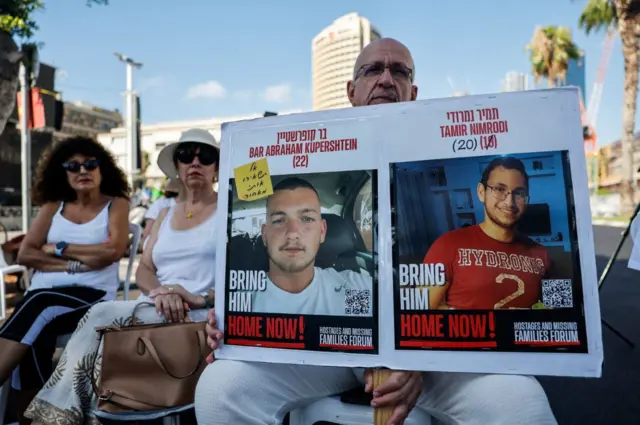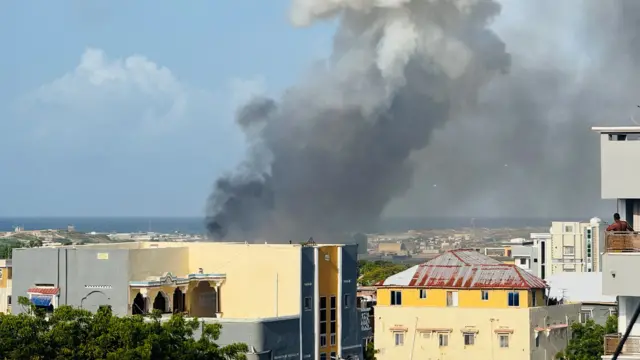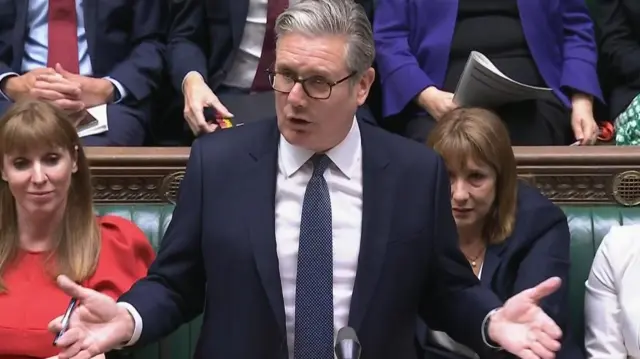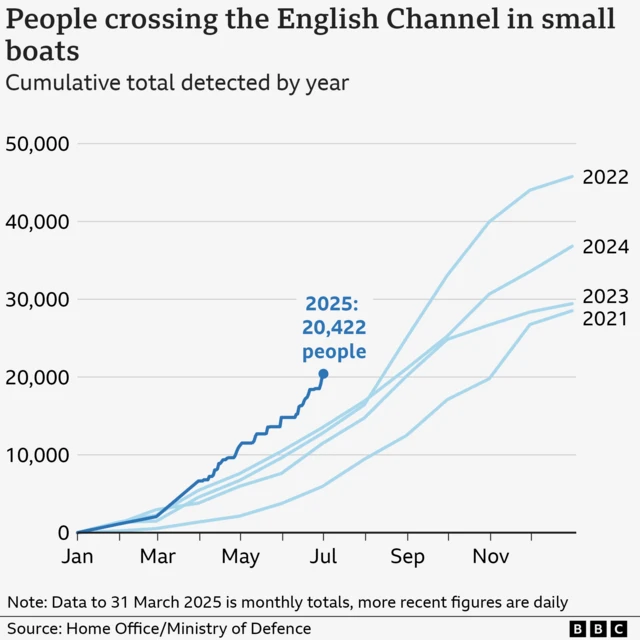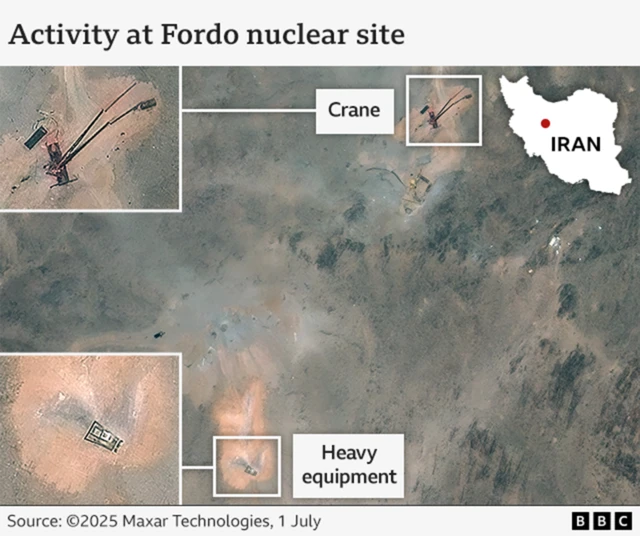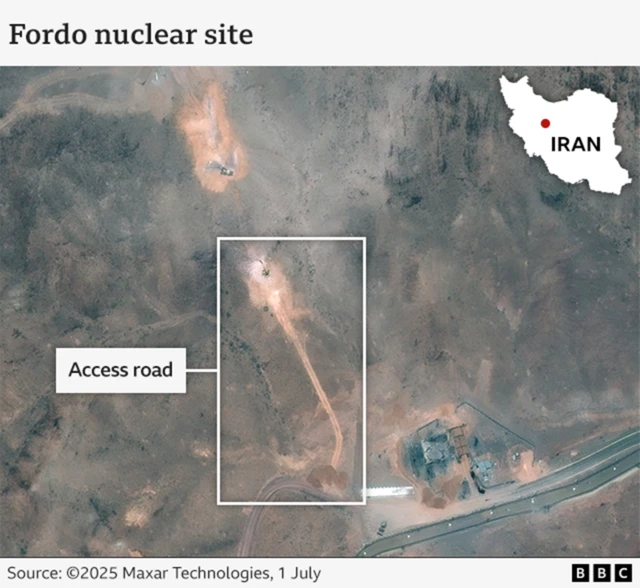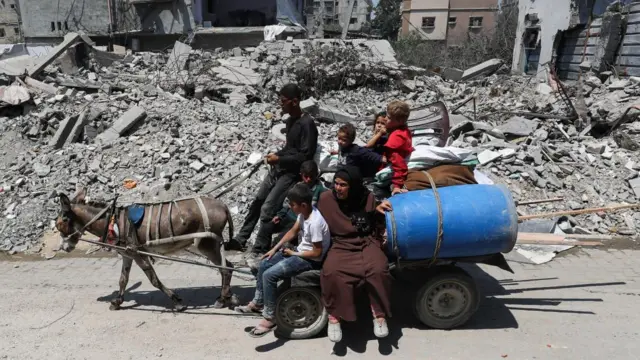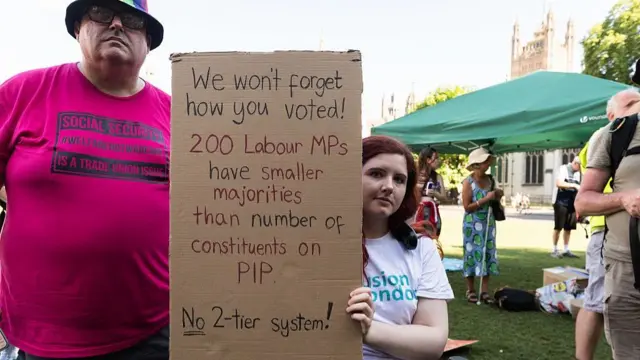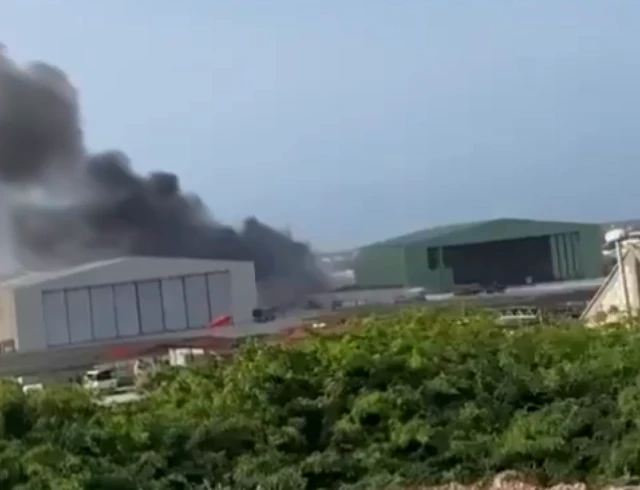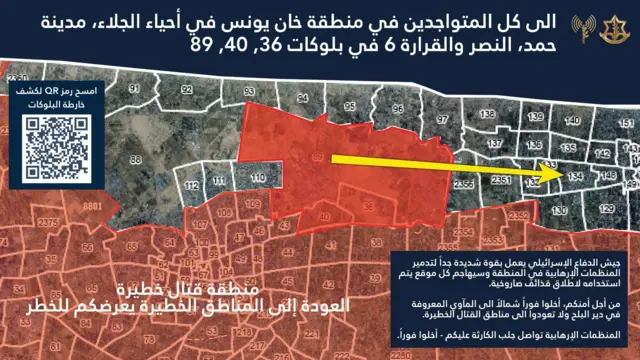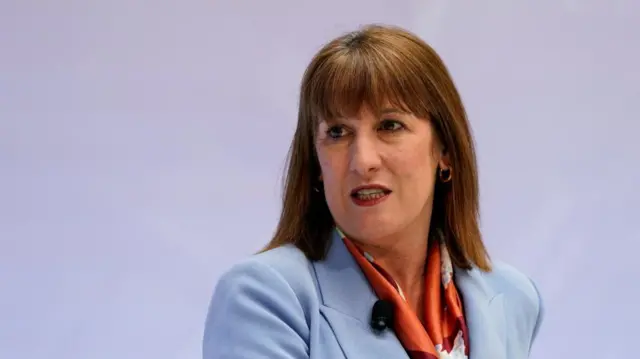Wednesday’s work continuespublished at 17:28 BST 2 July
 Anthony Reuben
Anthony Reuben
BBC Verify senior journalist
We’ll be closing this live page shortly, but there’s still plenty of work going on across the team.
Listen out for BBC Verify’s Ben Chu on Radio 4’s Six O’Clock News this evening. He’s due to cover how Chancellor Rachel Reeves might fill the gap in the public finances at the autumn Budget following the government’s U-turn over plans to save money by changing disability benefits.
And our late reporter will be responding to any requests to verify video from around the world as well as monitoring social media like Instagram and X if news breaks.
BBC Verify Live will be back on Thursday but in the meantime do check out our pages on the BBC News website.


